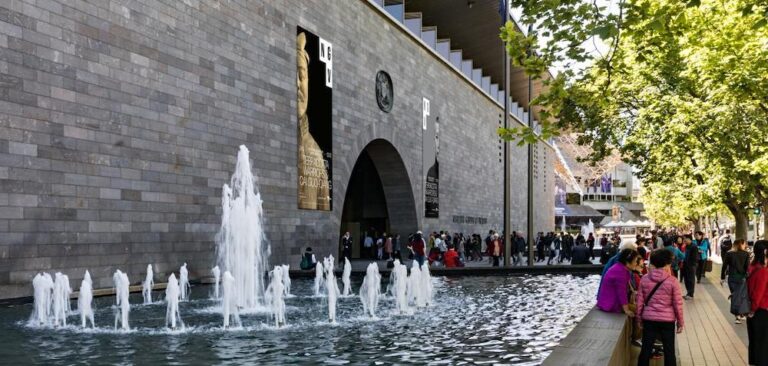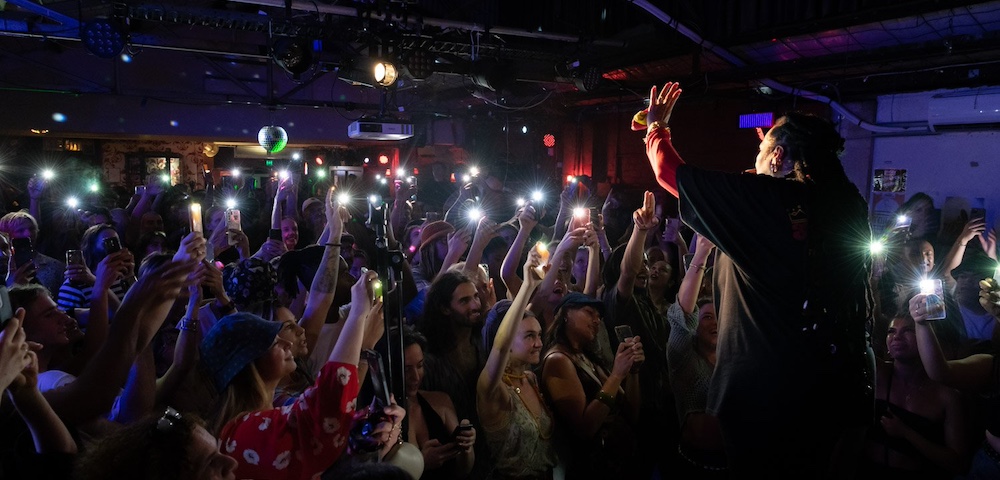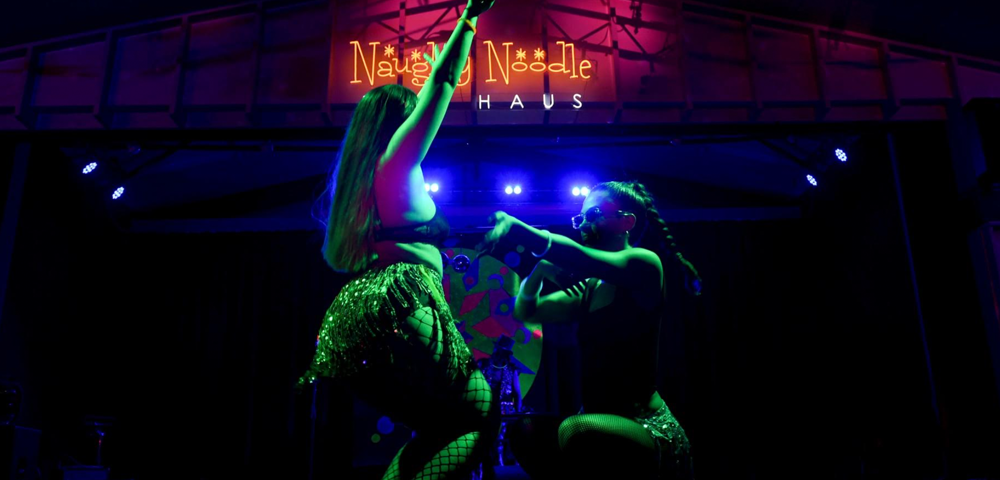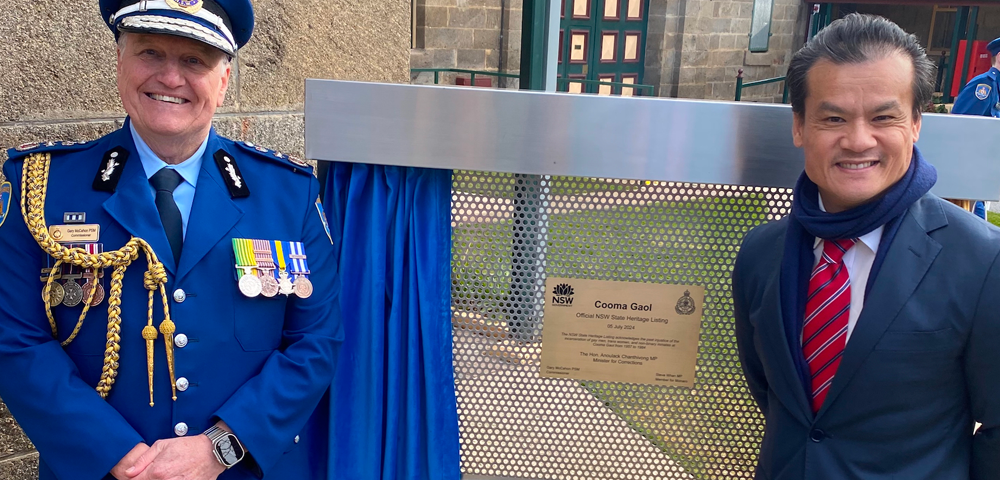
HIV vaccine trial scrapped
Australian participants in an HIV vaccine trial will be told whether they were given an experimental drug associated with an increased infection rate or a harmless placebo.
No Australian was infected during the trial. All 19 local participants were phoned last week about the higher infection rate, and will be called again after the trial sponsors, including drug company Merck, voted to unblind the study early.
The search for an effective HIV vaccine has suffered repeated setbacks in recent years, but the latest trial to collapse was uniquely troubling in finding vaccinated participants reporting a higher infection rate than those given a placebo.
The vaccine V520 – created from a cold virus – was tested in a clinical trial of 3,000 people from the Americas and Australia. It was considered one of the leading candidates for success before it collapsed two months ago.
Associate Professor Tony Kelleher from the National Centre of HIV Epidemiology and Clinical Research (NCHECR) was one of the V520 investigators disappointed by the strange results.
“There appears to be a greater rate of infection among those who got the vaccine [rather than] the placebo, but nothing has dropped out yet to explain this difference,” Kelleher said.
“It’s not clear whether it’s even indirectly related to the vaccine, or whether it’s got to do with different demographics and risk factors in different populations.”
The more complete analysis involving genetic risk factors of the participants is expected in three to six months.
Kelleher defended the protocol that halted the trial halfway on the advice of the Data Safety Monitoring Board and praised the transparency of the communication to participants.
“This is a significant setback as this was one of the lead candidates. That’s why we need to understand what’s gone wrong here,” he said.
“There are other candidates in the pipeline. Whether they’ll come up against the same problems is unknown.”
Because the vaccine was based on Adenovirus 5, which can cause the common cold, participants were separated according to natural immunity to the virus.
“The excess infections in the vaccine group appear to have come from those with high Adenovirus 5 immunity,” Kelleher said, but added that the group had been monitored for a shorter period.
In Sydney only about 25 to 30 percent of people have natural immunity to Adenovirus 5, compared to 70 percent or more in the Caribbean.
“It’s not clear whether it’s some interaction with that immunity, or something to do with the demographics of that population,” he said.
All but two trials were abandoned prior to the international HIV conference in Sydney in July, leaving some researchers to speculate that the search for a vaccine was not effective. Another trial is being prepared in Thailand.
ACON ran a campaign last year warning of the limitations of vaccine trials.
Participants not in the placebo group are excluded from any future trials.









